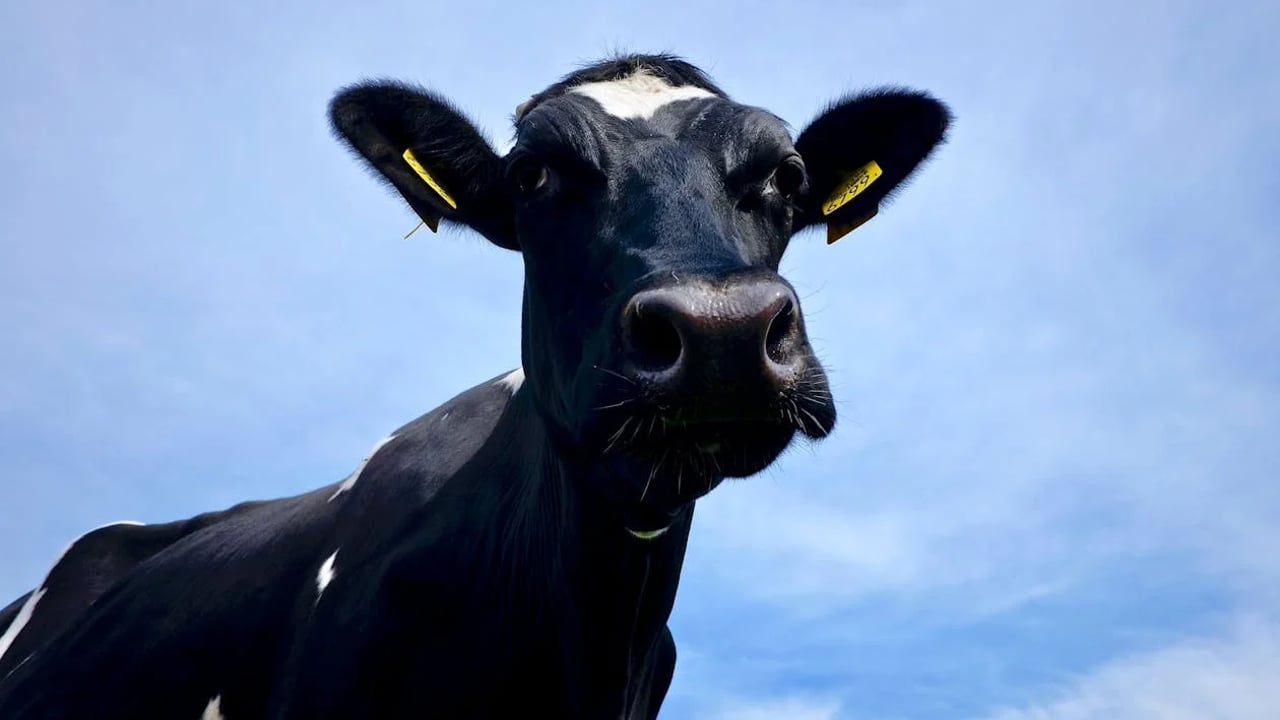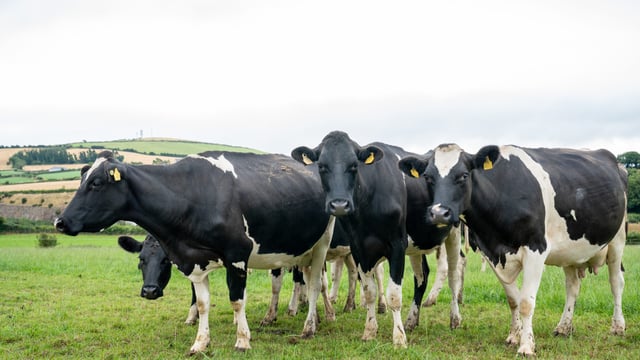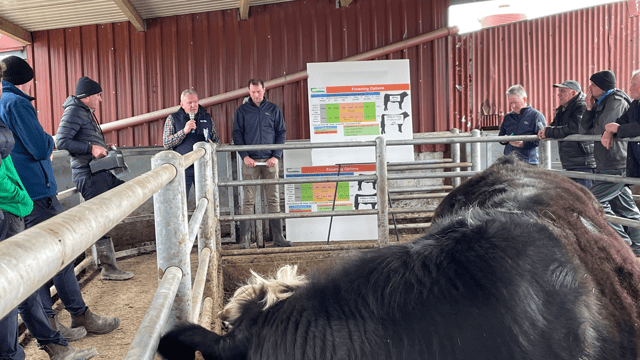Study: 'Genetic factors' contribute to TB susceptibility in cattle
A new study published today (Monday, March 24) suggests that "genetic variation" contributes to an animal contracting bovine tuberculosis (TB).
Researchers at University College Dublin, University of Edinburgh, and ETH Zurich identified genetic factors contributing to TB susceptibility which they said could represent "an important step in the fight against the disease in cattle, and the zoonotic threat it poses to humans".
The study - 'Integrative genomics sheds light on the immunogenetics of tuberculosis in cattle' - was published in the journal 'Communications Biology' today to mark World TB Day.
Researchers identified 115 genes related with TB infection in cattle, using a novel computational analysis.
According to the study, these genes are deployed during an animal's response to mycobacterium bovis, the bacteria responsible for bovine TB.
TB
To acquire the data, the researchers analysed gene activity in the blood of TB-infected cattle before integrating their findings with genome mapping which located thousands of genomic variations impacting the function and behaviour of cells during bovine TB infection.
Director of the bTB diagnostics laboratory at UCD School of Veterinary Medicine, Prof. Eamonn Gormley, said: “Our paper describes the first scientific study that directly links genetic variation underpinning bovine TB disease susceptibility to the activity of individual genes.
"Importantly, it signposts future research to develop new diagnostics and tools for breeding cattle with enhanced disease resilience.”
Every year, over 10 million new cases of human TB are reported, making it the world’s most enduring pandemic, the study showed.
According to researchers human populations, particularly in the global south, are also impacted by a zoonotic form of the disease, caused by a direct transmission from infected cattle or indirectly from contaminated food.
But the new 'Integrative Genomics' study may help scientists explain immunological responses to human TB, caused by 'mycobacterium tuberculosis' which the study reports is 99.95% identical to mycobacterium bovis - the bacteria responsible for bovine TB.
Professor in animal genomics at UCD's School of Agriculture and Food Science, David MacHugh said: “The close evolutionary relationship between the pathogens that cause TB in cattle and humans, coupled with similar host immune responses, means that these methods and results may be transferable to our species.
“Globally, TB represents a significant burden on human and animal health, which can be most effectively tackled using a One Health strategy that draws on new scientific knowledge from research work across human, livestock, and other animal populations.”
The latest research was funded by the Science Foundation Ireland (Research Ireland) Investigators Programme, the Research Ireland Centre for Research Training in Genomics Data Science, the Department of Agriculture, Food and the Marine (DAFM) Thematic Research Programme.
It was also supported by the the UCD - University of Edinburgh Strategic Partnership in One Health.











